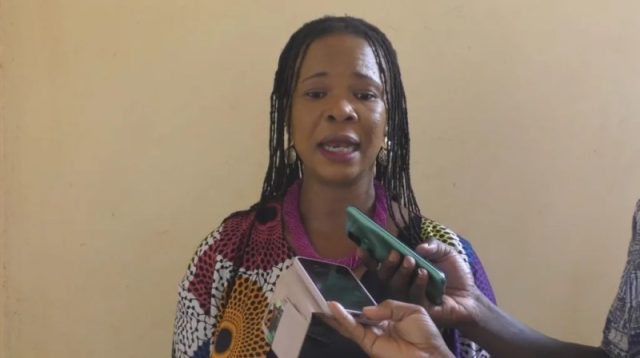By Joyce Kantam Kolamong
Stakeholders at a town hall meeting organised by STAR-Ghana in Tamale are pushing for the various political parties to take a position to consider moving from equal financing to equitable financing as a deliberate measure to close the financing gap between the North and the South in their manifestoes.
According to them, there are disparities in the allocation and execution of budgets, particularly in education, health, and social protection, and this is reflected in the overall development outcomes. The town hall meeting was supported by Songtaba, an NGO, and it formed part of the ‘Manifesto Influencing’ initiative facilitated by Star-Ghana for the upcoming 2024 general elections.
The main objective of the meeting is to provide a platform for diverse stakeholders from the Northern, Upper East and North East regions to engage in constructive dialogue on key issues affecting their communities with the aim of fostering inclusive participation and contributing to the development of comprehensive manifestoes of the various political parties for the 2024 General elections.
The zonal meeting was attended by diverse stakeholders, including heads of departments and agencies, teachers, trainee students and nurses, market women, persons with disability, farmer groups among others.
Discussions bothered on three key areas namely education, health and social protection.
Head of Progammes, STAR-Ghana Foundation, Eunice Agbenyadzi, said every input is important since it comes from citizens and how they interact with and access the services provided. She said political party manifestoes have become very important tools in setting the policy direction and agenda for development for the country.
“We do know that in Northern Ghana, about 80 percent of students in Basic Education do not have access to desks, and this number is just compared to about 40 percent in southern Ghana. We also know that more girls are out of school and text book availability is skewed towards the southern. So there are issues about equitable financing that, when we talk about development in Northern Ghana, in particular education, we must talk about,” she stressed.
Miss Agbenyadzi said STAR-GHANA is looking forward to political parties taking a position in their manifestoes on how to close the financing gaps in education and healthcare in the Northern Zone.
Executive Director of Songtaba, a Women’s Right NGO, Lamnatu Adam, said as a gender responsive organization, inclusivity is very iimportant; therefore, manifestoes should be directed at women and children, and the vulnerable in communities and the society.
She added, “I think that many a time, they are more aligned to their political ideas rather than listening to people and that is why we think that the town hall meeting together with the political parties will give them the hearing of what the citizen want to see.”

The Manifesto Influencing Initiative by STAR-Ghana, which will run through this electioneering period, will, among other things, see media organisations playing a key role in the successful mobilisation of citizens around key issues and advocacy demands with GBC as a strategic media partner.
















